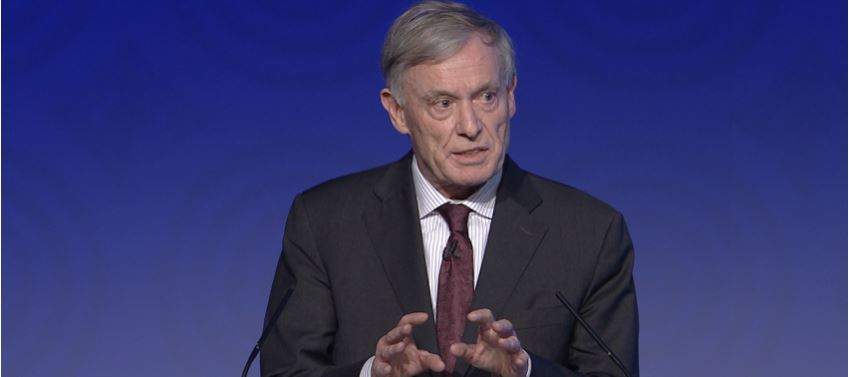Sahara: Köhler holds on to a “Geneva II”
 As announced before the UN Security Council last January, Horst Köhler, the personal envoy of the UN Secretary-General for the Sahara, is preparing a “Geneva II”, on the model of the December roundtable, with the participation of the parties to the Sahara conflict: Morocco, Algeria, Mauritania and the Polisario.
As announced before the UN Security Council last January, Horst Köhler, the personal envoy of the UN Secretary-General for the Sahara, is preparing a “Geneva II”, on the model of the December roundtable, with the participation of the parties to the Sahara conflict: Morocco, Algeria, Mauritania and the Polisario.
Although no date has been announced so far, the former German President is increasing contacts with the parties concerned, the goal being to hold a meeting in March, to collect facts and information to feed the forthcoming report that Köhler will present to the Security Council late April.
It is worth noting, nevertheless, that the contacts led by the UN envoy come in the wake of revealing diplomatic developments related to the Sahara issue
The first developments took place at the European level, with the adoption in January and February by the European Parliament of the Morocco-EU agricultural and fisheries agreements that cover the Sahara. This undoubtedly has been the most significant event in Morocco-EU relations at the beginning of this year.
The victims of the European Parliament’s endorsement of the agreements, Algeria and the Polisario, suffered a stinging setback, especially since they had conducted a months-long legal guerrilla behind the scenes to torpedo these agreements.
On the other side of the Atlantic, the Algeria-Polisario couple suffered a debacle of the same magnitude, after the promulgation, in February, by President Donald Trump of the 2019 spending law. The law stipulates explicitly that the American funds allocated to Morocco can also be used for assistance to the Sahara.
These two significant decisions adopted in Europe and in the United States took place while the autonomy plan presented by Morocco to reach a political settlement of the Sahara issue, continues to score points.
Most major capitals around the world believe that this is the only viable option on the table, while the Security Council has repeatedly called the autonomy initiative a “credible and realistic” basis to end the regional conflict over the Sahara.

